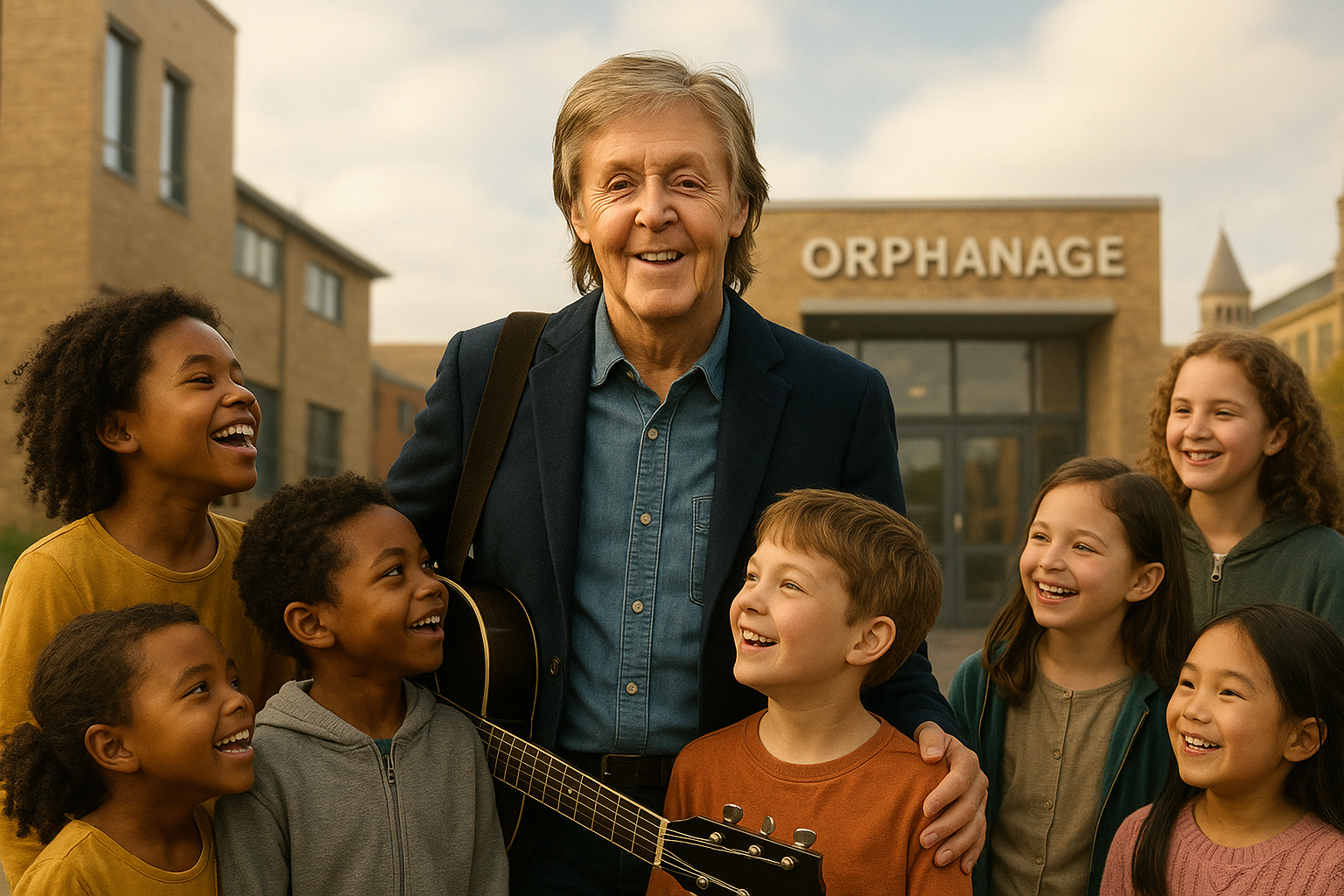
Beatles Sell Music Catalogue to Sony Records for $100 Million: Here’s Why
In a move that has shocked the music world and sent ripples across the entertainment industry, the remaining rights to The Beatles’ legendary music catalogue have been sold to Sony Music for a staggering $100 million. The news came earlier this week, confirmed by both Sony Music Group and the representatives of The Beatles’ estates. While many fans are still grappling with the reality of the transaction, industry insiders say the decision was strategic—and perhaps even inevitable.
The Beatles’ catalogue is widely considered one of the most valuable in music history. With timeless hits like Hey Jude, Let It Be, Come Together, and Yesterday, their music has generated billions in global revenue since the 1960s. The $100 million price tag, while significant, may even be seen as a bargain considering the ongoing popularity and earning potential of the band’s work through licensing, streaming, and merchandising.
So why would the estates of John Lennon, George Harrison, Paul McCartney, and Ringo Starr decide to sell now? According to close sources, the decision came after lengthy deliberation and was influenced by a mix of generational planning, legal clarity, and market timing. The music industry is evolving fast, and the Beatles’ heirs may have felt that now was the right moment to place the catalogue in more centralized, commercial hands.
Sony Music has a long history with legacy artists and already owns or distributes catalogues from icons like Michael Jackson, Bob Dylan, and Bruce Springsteen. Their acquisition of The Beatles’ catalogue solidifies their dominance in the market for heritage music. Sony’s executive team emphasized that the catalogue would be “protected, preserved, and promoted with deep respect and strategic vision”—a sentiment likely intended to reassure skeptical fans.
For years, Paul McCartney had fought for greater control over the Beatles’ music, famously clashing with Michael Jackson in the 1980s after Jackson bought ATV Music Publishing, which included a chunk of Beatles’ songs. While McCartney eventually regained certain rights, not all aspects of the catalogue were under unified ownership. This deal, reportedly signed with the blessing of McCartney and Ringo Starr, brings a definitive close to decades of legal and business entanglements.
One factor influencing the sale was the increasing difficulty of managing intellectual property in an age of AI, digital sampling, and global licensing. Controlling how Beatles music is used in films, commercials, and streaming platforms has become a massive and technically complex endeavor. By selling the rights to Sony, the estates offload those burdens while ensuring the music will remain visible and accessible in the digital marketplace.
Tax implications also played a role. With global tax laws becoming more aggressive on estate planning and intellectual property transfers, it made fiscal sense for the Beatles’ heirs to cash out while values are still high and legal conditions are favorable. Experts suggest that such moves are part of a broader trend among aging musicians and their estates.
Another compelling reason for the sale is that a new wave of biopics, documentaries, and immersive virtual experiences are in development. Sony’s acquisition gives them the exclusive ability to license Beatles music across a range of new platforms—potentially including VR and AI-powered performances. Insiders believe that Sony plans to expand the Beatles’ digital presence in ways that could redefine how future generations engage with their music.
Fan reaction has been mixed. While some longtime listeners feel betrayed or wary of corporate influence, others see the move as a necessary evolution for preserving the band’s legacy. “If it means my grandkids can still discover Eleanor Rigby in 2050, then I’m all for it,” wrote one fan on social media. Sony’s reputation for handling legacy acts with care could go a long way in easing public concerns.
Importantly, this is not the end of the Beatles as a brand—it’s a new beginning under different stewardship. The estates still retain rights to individual works and certain royalties, but the centralized licensing power now rests with Sony. That could lead to everything from Beatles-themed games to major film projects and remastered audio collections.
Ultimately, this sale is about legacy—how it’s preserved, who controls it, and what future generations will make of it. The Beatles didn’t just change music; they changed culture. The question now is how their art will be curated for the next century. Sony has bet big that the world isn’t done with the Fab Four, and they’re likely right.
In the end, $100 million may be a hefty price for nostalgia, but for Sony—and the millions of fans across the globe—it’s also an investment in cultural immortality. As Beatles fans sing along to All You Need Is Love, it’s clear that what we really need is for this music to endure, no matter who owns it.
You may also like
Written by Bitssport
Archives
Calendar
| M | T | W | T | F | S | S |
|---|---|---|---|---|---|---|
| 1 | ||||||
| 2 | 3 | 4 | 5 | 6 | 7 | 8 |
| 9 | 10 | 11 | 12 | 13 | 14 | 15 |
| 16 | 17 | 18 | 19 | 20 | 21 | 22 |
| 23 | 24 | 25 | 26 | 27 | 28 | |